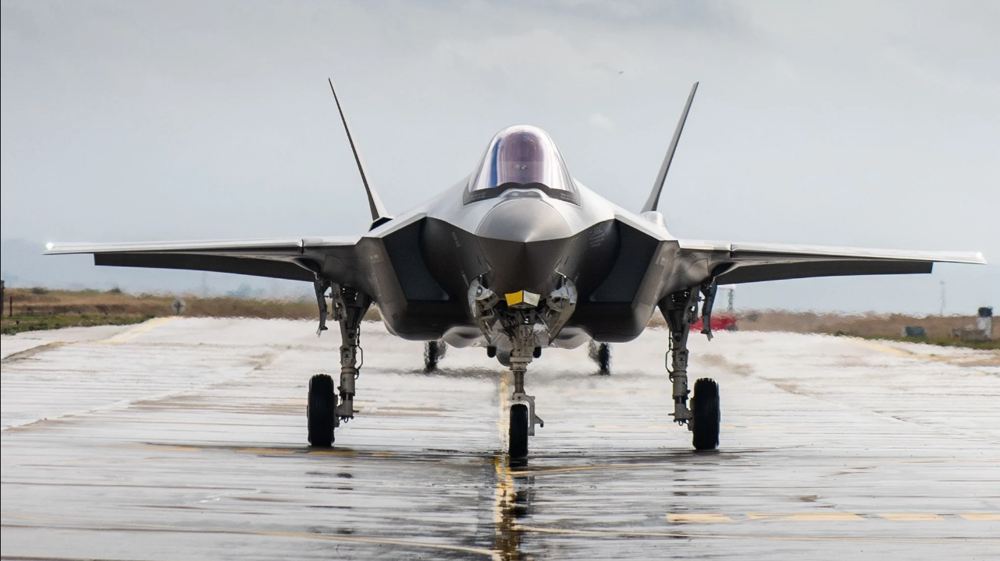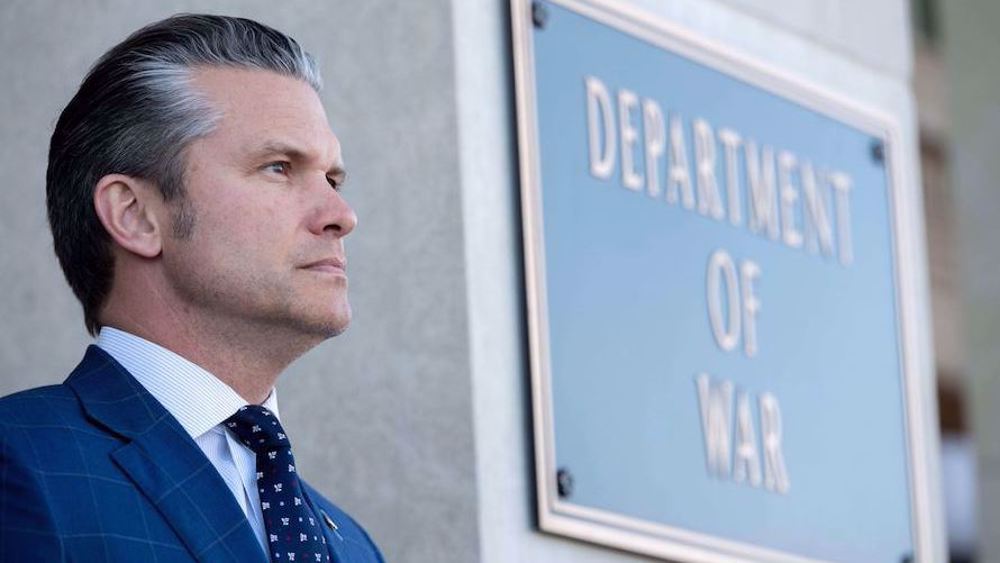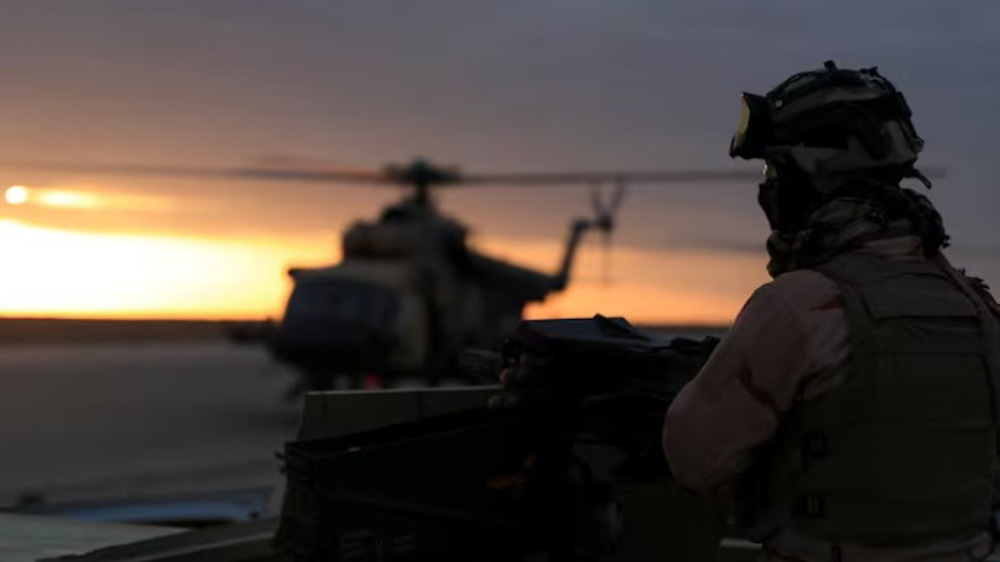Pentagon chief warns China over South China Sea islands
The US military chief has warned China to stop building islands in the South China Sea, vowing that the US will not stop patrolling international waters and airspace in the Asia-Pacific region.
Defense Secretary Ashton Carter made the defiant remarks on Wednesday during a ceremony in Hawaii to recognize Admiral Harry B. Harris, the new commander of US military forces in the Pacific.
“There should be no mistake: the United States will fly, sail, and operate wherever international law allows, as we do all around the world,” Carter said at the US military’s joint base at Pearl Harbor.

Washington accuses Beijing of undergoing a massive “land reclamation” program in the Spratly archipelago of the South China Sea, and says China’s territorial claims of the man-made islands could further militarize the region.
A Chinese state-owned newspaper warned Monday that a war between the United States and China is “inevitable,” unless Washington stops demanding Beijing halt its construction projects in the South China Sea.
“If the United States’ bottom line is that China has to halt its activities, then a US-China war is inevitable in the South China Sea,” The Global Times, an influential newspaper owned by the ruling Communist Party’s official newspaper the People’s Daily, said in an editorial Monday.

Carter said on Wednesday that US warships and planes would carry on patrolling the region, accusing China of heightening tensions in the area.
“China is out of step with both international norms that underscore the Asia-Pacific’s security architecture, and the regional consensus in favor of non-coercive approaches to this and other long-standing disputes,” he said.
Washington does not recognize China’s sovereignty in the disputed areas and is weighing sending surveillance aircraft and warships to test its territorial claims.
The Obama administration is trying to keep its focus on a widely advertised shift to Asia, which it has pursued since 2011. The White House argues that no region is more important to the United States’ long-term interests than Asia.

A new assessment released last month by the Carnegie Endowment for International Peace argues that the Obama administration’s Asia pivot has not been successful and American power and influence in the region has been declining.
Observers believe America’s efforts to increase its presence in the Asia-Pacific region is aimed at containing China.
China accuses the United States of meddling in the regional issues and deliberately stirring up tensions in the South China Sea.
GJH/GJH
VIDEO | Criticism grows over Pakistan joining Trump-led 'Board of Peace'
Iraq’s dominant political bloc nominates Nouri al-Maliki for prime minister
Israel moves to restrict Palestinian re-entry to Gaza, ‘encourage outflow’: Report
VIDEO | Iran warns enemies against new 'adventurism'
VIDEO | Venezuelans demand return of their president Nicolás Maduro
Muslims facing ‘major confrontation’ led by US and Israel: Hezbollah chief
Palestine Action activist at risk of death after beginning thirst strike in UK jail
VIDEO | South Korean supporters of Palestine slam Trump's 'Board of Peace'










 This makes it easy to access the Press TV website
This makes it easy to access the Press TV website